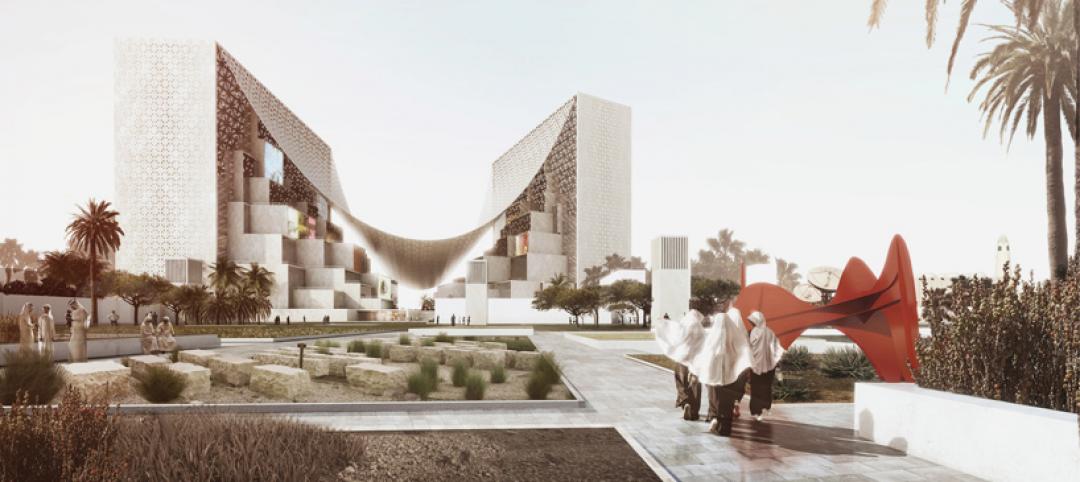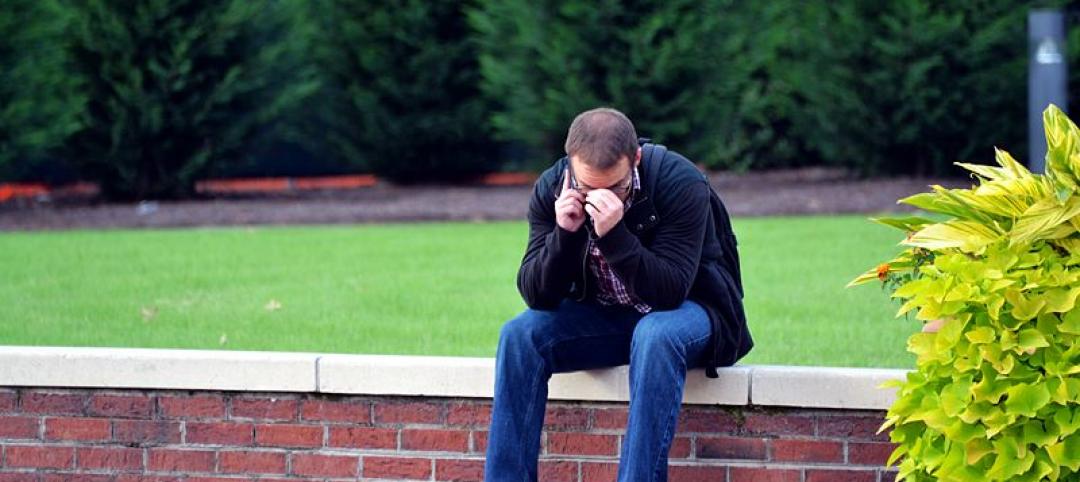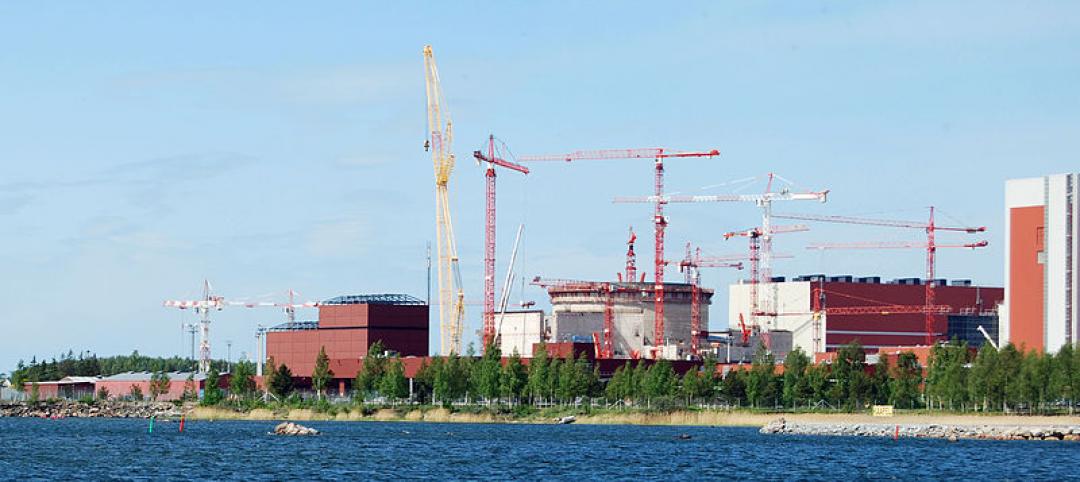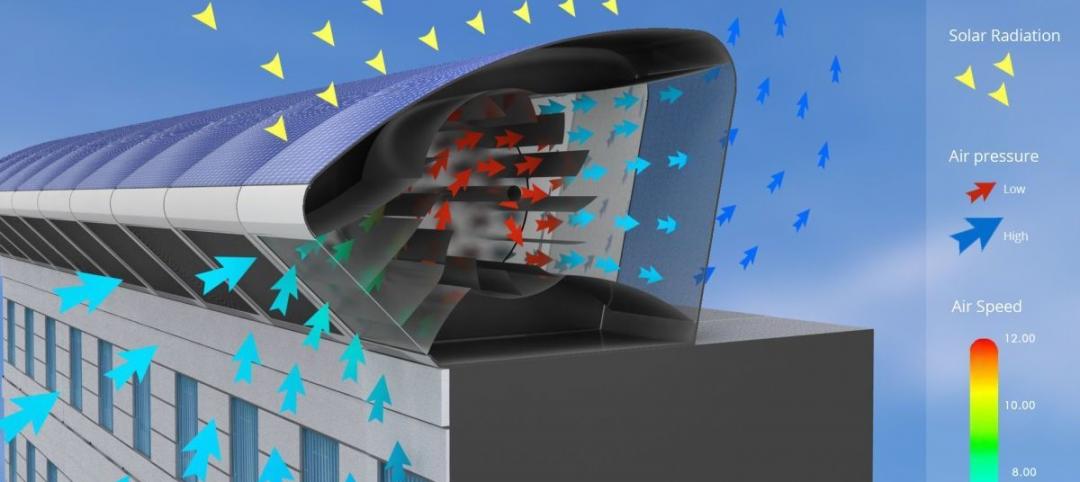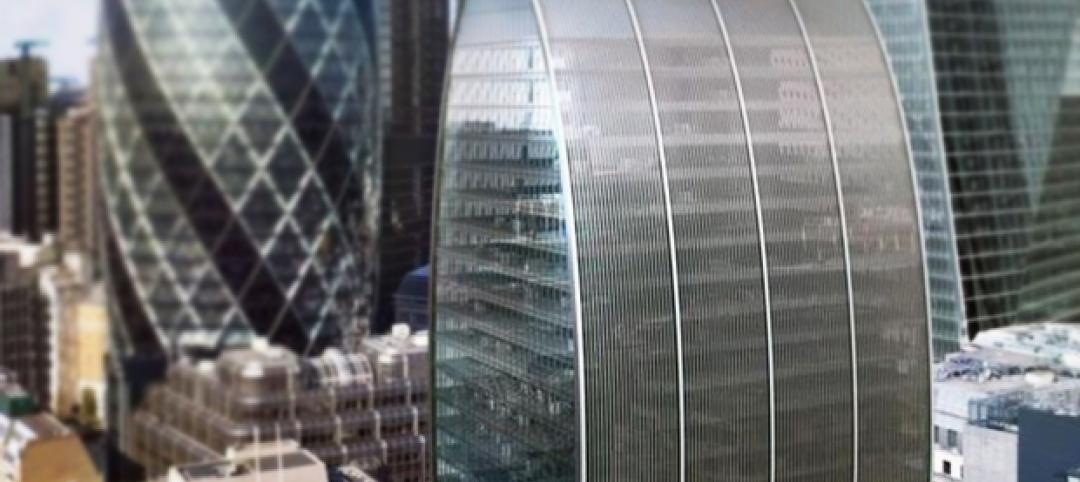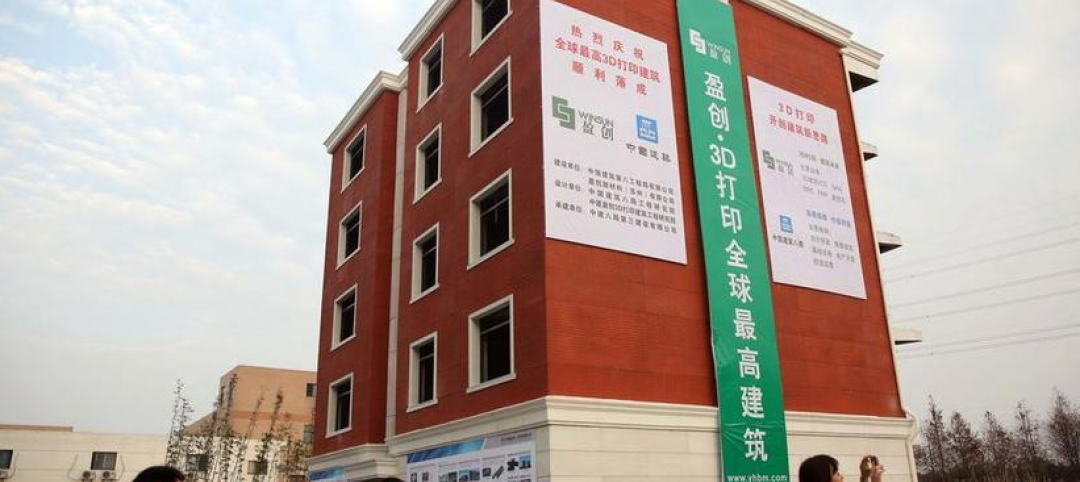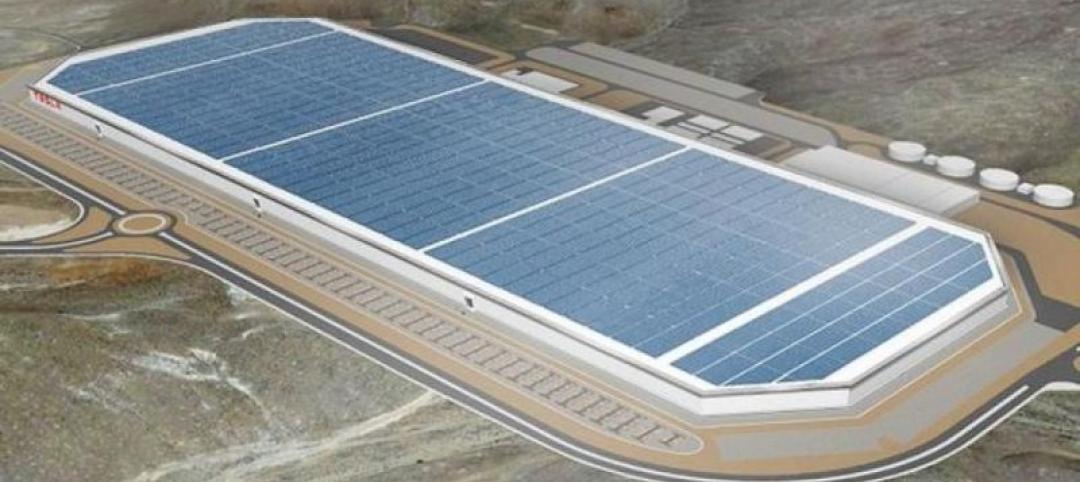November 2016 will most certainly go down in the books as one of the most memorable months in recent decades. If the Chicago Cubs winning the World Series in dramatic Game 7 fashion wasn’t enough to shock you, then the events that unfolded during the late evening on Nov. 8 likely were.
Regardless of which side of the aisle you stand on, election night was a jaw-dropping moment. Donald Trump’s own campaign advisors, along with some of his supporters and pundits, admitted to being astonished as the story unfolded on election night.
On the morning of Election Day, the New York Times set the odds of Trump winning at a scant 15%. “Mrs. Clinton’s chance of losing is about the same as the probability that an N.F.L. kicker misses a 37-yard field goal,” they wrote. Well, Hillary missed a chip shot, and the NYT editors—like many in the media—were left with egg on their face for grossly underestimating Trump’s chances. It was a Dewey Defeats Truman moment.
What does a Trump-led America (coupled with a GOP-controlled Congress) mean for the AEC industry? As with any election, it’s a mixed bag of the good, the bad, and the unknown.
The good: Trump proposes spending up- wards of $1 trillion to rebuild the nation’s roads, bridges, tunnels, water systems, and airports as part of a massive infrastructure bill. While not primarily buildings work, this level of investment would most certainly create real estate development opportunities and needs—whether directly or indirectly—for the AEC community. Infrastructure investment is one of the few pressing issues that garners almost universal support among political leaders in Washington. The trillion-dollar question is, How do we pay for it? Trump’s answer: public-private partnerships and other creative financing methods.
The bad: In his 100-day action plan, Trump outlines several measures that could hit AEC firms in the pocketbook in the near term. On the list is Obamacare, which Trump hopes to repeal and replace with traditional HSA and health insurance initiatives. This move could cause healthcare operators to take a “let’s wait and see” approach to real estate investments, much like they did during the implementation of Obamacare. Having healthcare owners hit the pause button for the second time in six years could severely impact AEC rms. At $87 billion in annual construction spending, healthcare is the largest sector in the nonresidential market.
The unknown: Given the GOP’s contentious relationship with Trump during the election cycle, we could be in for four more years of gridlock in Washington. It’s too early to predict how his ideas will be received by the house and senate.
A recent survey of 306 BD+C readers paints a picture of cautious optimism for AEC firms. Half of the respondents (50.3%) predict that 2017 will be an “excellent” or “very good” business year for their firm. More than half (55.3%) expect their firm’s revenue to increase next year; just 11.5% are forecasting a drop.
On the flip side, when asked to identify their biggest concerns heading into 2017, nearly a third (31.7%) cited “business impacts from the Presidential election” as a top-three burden— only behind “general economic conditions” and “competition from other firms.”
As we head toward Inauguration Day, all we can do is hope the President-elect delivers on much more good than bad.
Related Stories
Transit Facilities | Feb 4, 2015
London mayor approves plan for a bicycle highway
The plan will guarantee bike riders a designated stretch of street to ride from east to west through the city.
Sports and Recreational Facilities | Feb 4, 2015
Arup unveils plans for the new A.C. Milan stadium
The venue will include a modern stage for the home matches together with a hotel, sports college, restaurants, children’s playground, green areas, and spaces open to the city and dedicated to public use.
Office Buildings | Feb 3, 2015
Bjarke Ingels' BIG proposes canopied, vertical village for Middle East media company
The tensile canopy shades a relaxation plaza from the desert sun.
Office Buildings | Feb 2, 2015
Study shows modern workers struggle to leave work at the office
Study findings indicate that more than half the respondents holds tight to their smartphones, checking and responding to email and taking phone calls, all or most of the time.
Building Team | Feb 2, 2015
Solid spending increases projected for construction industry in 2015
The commercial construction sector is now looking at double-digit increases in 2015, led by vigorous levels of demand for hotels and office buildings.
Sponsored | Building Team | Jan 30, 2015
The 4 leadership behaviors that really matter
Research conducted by McKinsey & Company suggests that the secret to developing effective leaders is to encourage four types of behavior, which includes seeking diverse perspectives and supporting others.
Energy Efficiency | Jan 28, 2015
An urban wind and solar energy system that may actually work
The system was designed to take advantage of a building's air flow and generate energy even if its in the middle of a city.
Office Buildings | Jan 27, 2015
London plans to build Foggo Associates' 'can of ham' building
The much delayed high-rise development at London’s 60-70 St. Mary Axe resembles a can of ham, and the project's architects are embracing the playful sobriquet.
Modular Building | Jan 21, 2015
Chinese company 3D prints six-story multifamily building
The building components were prefabricated piece by piece using a printer that is 7 meters tall, 10 meters wide, and 40 meters long.
| Jan 21, 2015
Tesla Motors starts construction on $5 billion battery plant in Nevada
Tesla Motors’ “gigafactory,” a $5 billion project on 980 acres in Sparks, Nev., could annually produce enough power for 500,000 electric cars.





